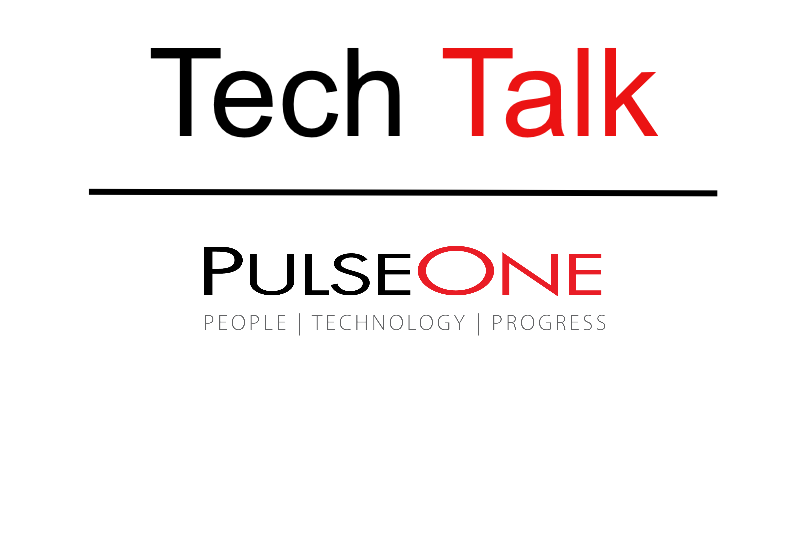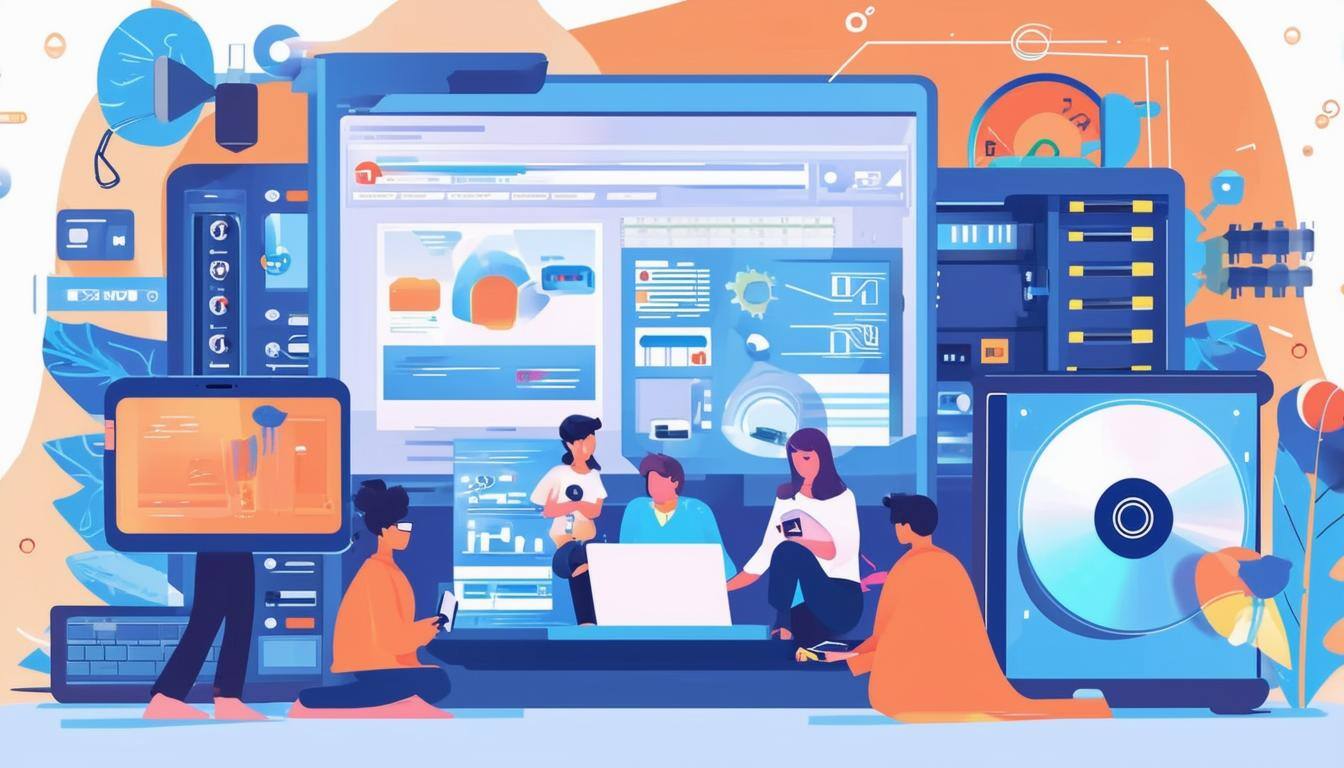Leveraging AI: A Comparison of the Top LLM Models for SMB Executives
Part 5 of 5:
Artificial Intelligence (AI) has become an essential tool for executives looking to gain a competitive edge, streamline operations, and improve decision-making. For small-to-medium business (SMB) executives, Large Language Models (LLMs) offer capabilities that were once reserved for enterprise-level organizations. From automating workflows to generating insightful analyses, these tools can help you stay ahead in a fast-paced market.
This blog post compares the leading LLM models available today, highlighting their strengths, limitations, and practical use cases. We’ll focus on ChatGPT, CoPilot Agents, Claude, Gemini, and Grok, providing insights into how each model can be a powerful tool for SMB executives. Additionally, we’ll examine how certain LLMs leverage tools like web search, vision, and text-to-video generation, providing added value through their subscriptions.











